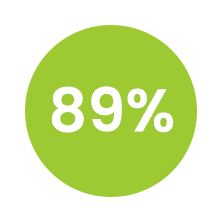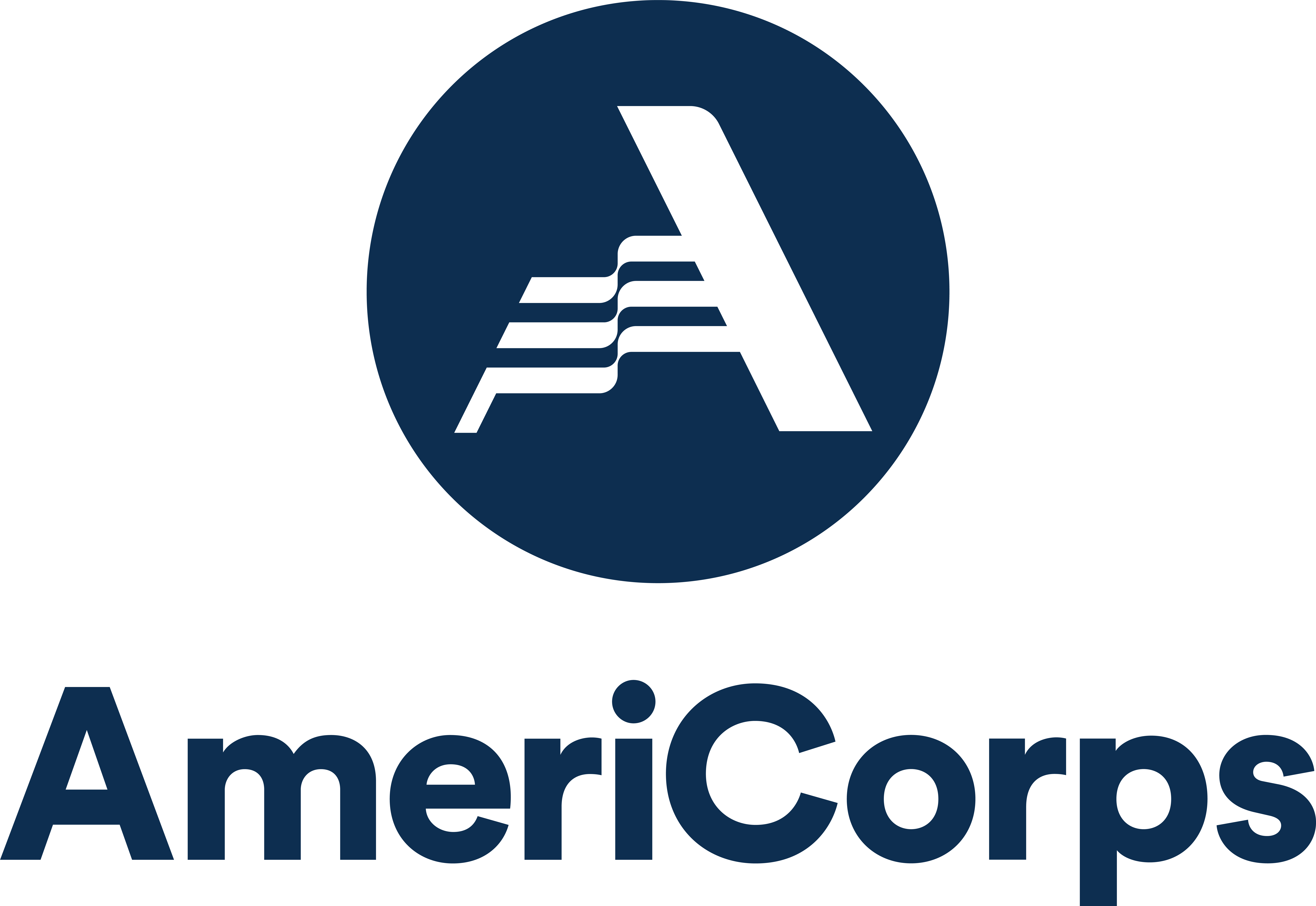One of my new responsibilities this school year is teaching the Gifted and Talented (GT) students at Sand Gap. This means coming up with creative, hands-on ways to keep the “smart kids” interested in school and excited about learning by embellishing on the topics they’re already being taught. Most of last semester was spent on Colonial America, so Molly (my fellow camp volunteer) and I got to delve into the exciting world of colonial cooking and crafts.
Mondays are our planning days and we usually ended up spending a large portion of them coming up with something fun for the GT kids to do and then testing it out to make sure the activity actually worked the way the internet said it would. There were so many times on Mondays when Molly and I would just look at each other and say “Can you believe this is our job?”
We made candles using only wax and string; we ground our own cornmeal; we churned butter in a mason jar; and we made Jacob’s ladders (cool little colonial toys made out of ribbon and blocks of wood). Most of our experiments were pretty successful – we only had to cheat a little with the cornmeal by grinding up the popcorn kernels with an electric coffee grinder. (It turns out that hitting the kernels with a rubber mallet just sends them flying across the room.)
And then there was the day we made paper. We looked online and found several different ways to make it, all of them using either newspaper or old pieces of fabric. We decided that it would be much more authentic to use the fabric, since that was what they used in colonial times (and it seemed kind of silly to make paper out of paper.) We cut up the random pieces of cotton and felt that we found in the arts and crafts building at camp and then put them in the blender to turn them into pulp. Unfortunately, the blender was no match for the quality of cloth, and after a few minutes and a green spark of death, the blender was shot. Still determined to use only cloth and no newspaper, we put the fabric in bowls with water and began using a potato masher to try to break up the fibers. This proved to be a lot of effort to very little effect, so we decided to boil the whole mess, adding some dryer lint for good measure (in colonial times, the scraps of cloth were placed in boiling water to break them down.) After several hours of our weird soup boiling on the stove, we went back to the potato mashers. We then made a sample piece of paper with the cloth mixture and realized, much to our dismay, that it looked a lot more like pieces of cloth stuck together than an actual piece of paper. At this point, we gave in and added shredded newspaper to the mix. After more mashing we made another sample piece of paper, which turned out much better than the first one. All in all, we spent about six hours trying to turn the cloth into pulp in order to make “authentic” colonial paper. It was worth it though, because the kids LOVED making paper. One of the first grade teachers said her students just couldn’t stop talking about it. After the ridiculous day we had preparing the pulp for the paper, I’m so happy the students actually appreciated the end result.
Even though that particular day was kind of frustrating (six hours is a LONG time to be mashing and boiling and ripping), it’s days like that Monday that make me incredibly grateful for my volunteer job. Who else gets to spend their days making paper the colonial way or throwing ornaments at a Christmas tree to test out a Family Fun Night game? Camp is definitely a special place, and not just in the summer.
“You have to go on and be crazy. Craziness is like heaven.” – Jimi Hendrix
Erin C. is a long-term CAP Volunteer in Educational and Recreational Programming. She is a member of the Jackson Volunteer Community.







